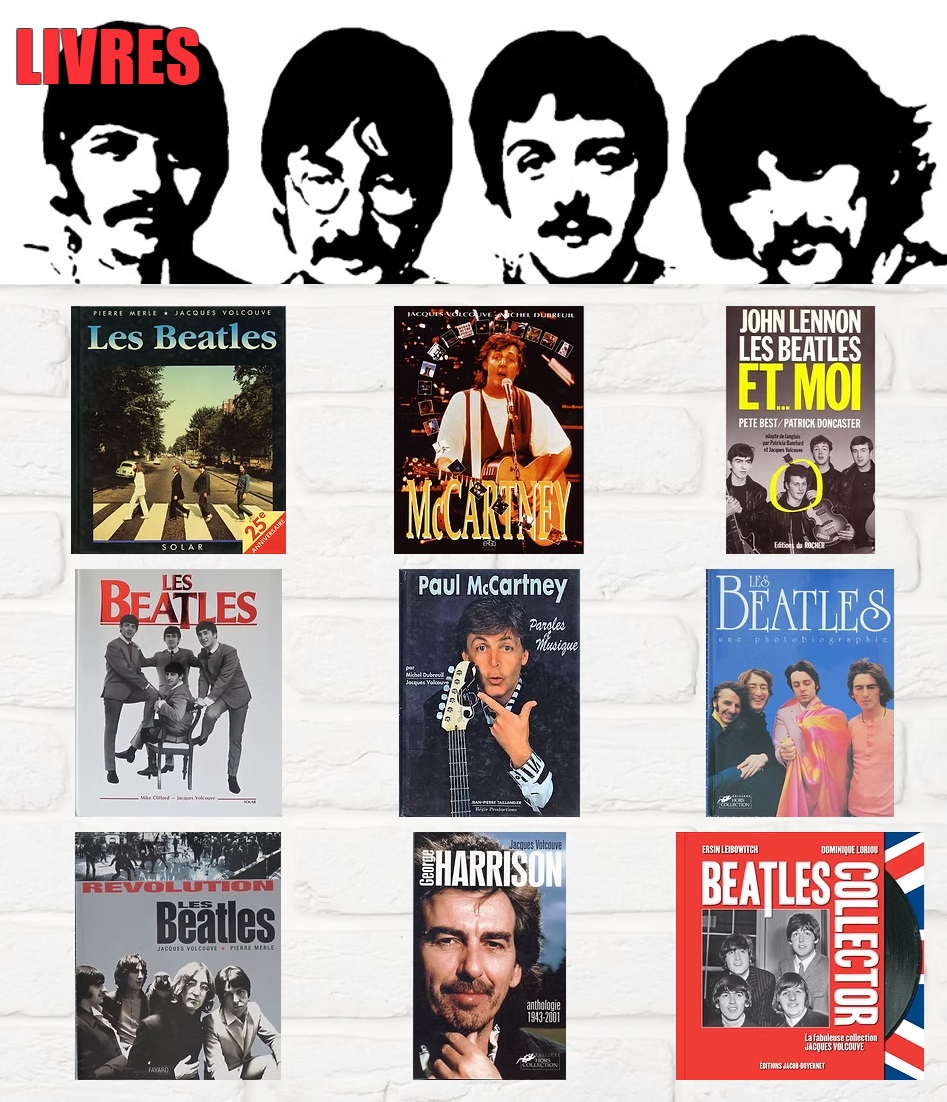Ringo & Friends at The Ryman sänds på tv i USA
Tv-specialen från Ringo Starrs konserter på ’The Ryman’ sänds i mars 2025
Tv-specialen från Ringo Starrs båda konserter på Ryman Auditorium i Nashville, USA den 14 och 15 januari 2025 har nu fått en officiell sändningstid på CBS-kanalen i USA. Programmet sänds måndagen den 10 mars 2025 och kommer också att kunna ses på strömningskanalen Paramount + i USA.

Tv-specialen lär bara på cirka två timmar inklusive rätt mycket reklam. Bland Ringos friends deltar Sheryl Crow, Rodney Crowell, Mickey Guyton, Emmylou Harris, Sarah Jarosz, Jamey Johnson, Brenda Lee, Larkin Poe, Billy Strings, Molly Tuttle, The War And Treaty, Jack White med flera.
Låtarna som Ringo är med och spelar och sjunger på är Boys, Act Naturally, With a Little Help from My Friends, Yellow Submarine, Don’t Pass Me By samt It Don’t Come Easy. Dessutom kan vi förvänta oss någon eller ett par låtar från Ringos nya album Look Up.
Ringo Starr:
It is always a thrill to play the Ryman and this time we are going country! T Bone has put together a great show. It was two nights of peace, love and country music.
Framtiden får utvisa om vi kommer få möjlighet att se tv-specialen i Europa framöver.













